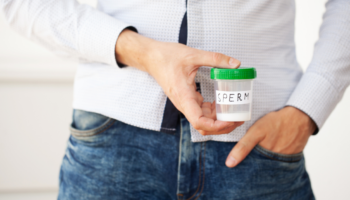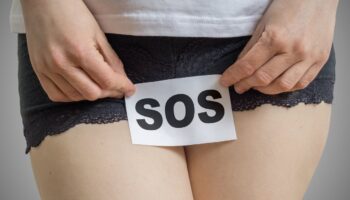Testalgia is the medical term for long-term pain in the testes. Pain in the testes must persist for at least three months to be diagnosed as testalgia. This condition can be caused by bodily injury, particularly to the lower back, infection, surgery, and several other medical conditions. Cancer and testicular torsion are known to cause testalgia in some cases, as are complications following a vasectomy.
Testalgia is also known as orchialgia, orchalgia, orchiodynia, and orchineuralgia.
More About Testalgia
Anecdotal evidence suggests testalgia can cause deep aching or sharp pinching sensations in the testes. This aching often shifts from one side of the testes to the other. The pain is typically intermittent. It is often accompanied by pain in the groin and back.
Testalgia can be a symptom of gonorrhea or chlamydia, so testing for these sexually transmitted infections should be undertaken if testicular pain is noted to rule these conditions out.
Non-steroidal anti-inflammatory medications and antibiotics are often prescribed to treat testalgia. However, they are not always effective. Surgical measures such as epididymectomies and orchiectomies have also had limited success. Microsurgical testicular denervation has shown better results.



